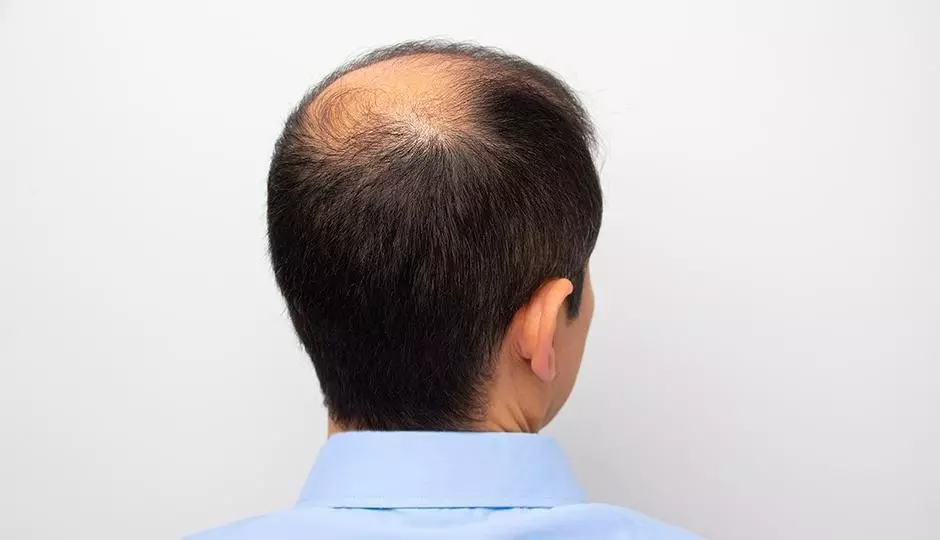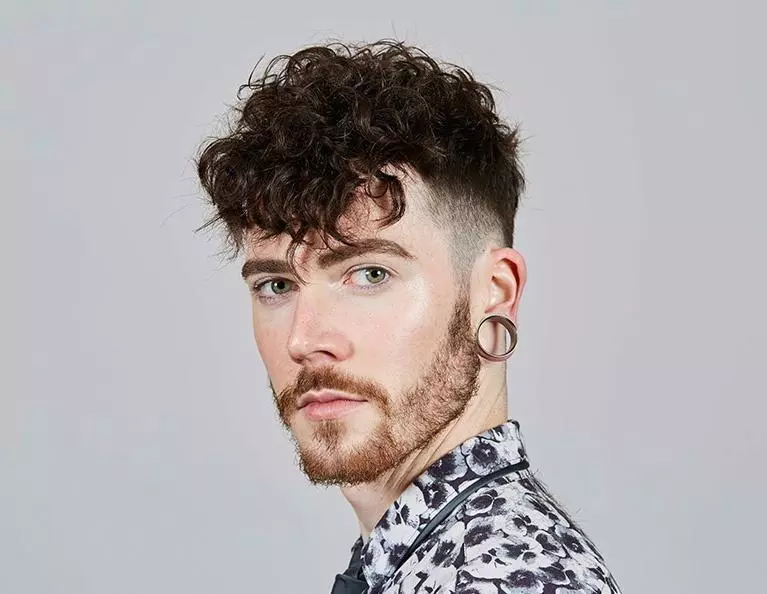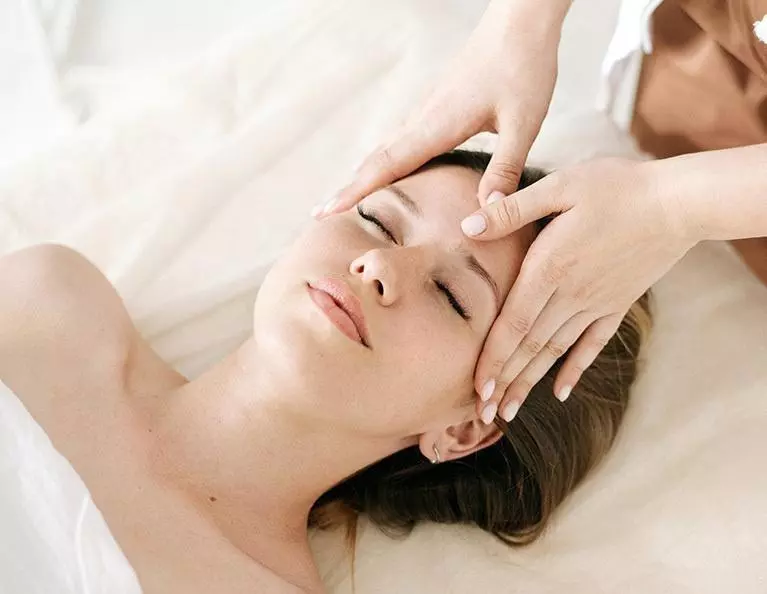What does hair-loss signify that makes people so afraid to continue living their normal social life? An article in the Huffington Post described the emotional reaction of a man, himself a hair dresser, who began losing his hair in his early 20s:
"I live [my life] going through airports...and I used to panic about having to go through airport security. It got so bad...I didn't want to take my hat off. Those minutes before going through security and taking my hat off, they were torture for me." It took another 20 years for him to find the confidence to seek professional help."
Self-Esteem Disorders:
A new study has revealed how hair-loss can in fact trigger serious psychological breakdowns. Hair-loss can damage self-concept and self-esteem and can even lead to exaggerated feelings of ugliness (body dysmorphic disorder--extreme anxiety about appearance). Researchers at the Charite'-Universitatsmedizin Berlin found that both men and woman go through a series of psychological stages when their hair thins. The initial thinning of the hair often leads to trichotillomania, the exacerbation of hair-loss by compulsive twisting and pulling of the hair. Following that are feelings of disfigurement along with depression and anxiety disorders. These psychological disorders often lead to social avoidance which adds to the isolation and worsens the psychological difficulty. Hair-loss, especially in women, has been known to have occupational and financial ramifications related to appearance. Women may suffer more extreme psychological reactions to hair-loss than men.
The best treatment for hair-loss related psychogenic disorders is a treatment that restores hair or transplants hair which the sufferer experiences as his or her own. According to the International Society of Hair Restoration Surgery, about 90,000 hair transplants are performed annually in the U.S., and more than 310,000 hair restoration procedures took place world-wide.
Real Incidence of Hair Loss:
Carefully controlled studies (from the Department of Epidemiology at Merck Research Laboratories, 1998) found that 42 percent of men between 18 and 49 experience moderate to extreme hair-loss (16 percent of men 18 to 29 years old, 53 percent of men 40 to 49 years old). Hair-loss is clearly not uncommon. Extreme social and psychological reactions to hair-loss appear to reflect particular attitudes that make people prone to this kind of reaction to their appearance.
On average, the human scalp has between 100,000 and 150,000 hair follicles. It's typical to lose roughly 100 hairs a day just from ordinary changes. As you get older, hair begins to re-grow more slowly. So, even if you lose hair at the typical rate, it will take longer for hair to be replaced and you will begin to notice thinning or bald spots. The rate of hair growth varies from person to person and with various genetic factors.
Women are not immune to hair loss. About 40 percent of women will suffer "serious hair thinning" by the age of 40 (compared to 60 percent of men). Women tend to lose their hair all over the head so it tends to show more at the crown of the head. Men tend toward pattern hair-loss which starts with a receding hair-line and often results in near total baldness.
Myths and Stories That Complicate the Picture:
Emotional reactions to hair-loss, especially in women sometimes relate to sexual identity issues. Baldness is often associated with masculine, virile men. It has become common for men to shave their heads clean, not only because it is easy to maintain that appearance but because of the association with strength and virility.
Balding, is in fact dependent on testosterone. In the 1950s, boys were sometimes castrated when they were diagnosed with behavioral or mental dysfunctions of various kinds. A long-range study of castrated boys conducted in 1960 by a Yale researcher named James B. Hamilton found that castrated boys did not show signs of the developing male pattern baldness as they aged. Apparently, any amount of testosterone will lead to baldness, the amount is not important. Hair follicles are especially sensitive to any amount of testosterone in the bloodstream.
New Look Institute spent two decades designing hair replacement solutions for those in need. Hair loss can be emotional, disappointing, and even be traumatizing, but it is not hopeless. Please contact us to learn more.







